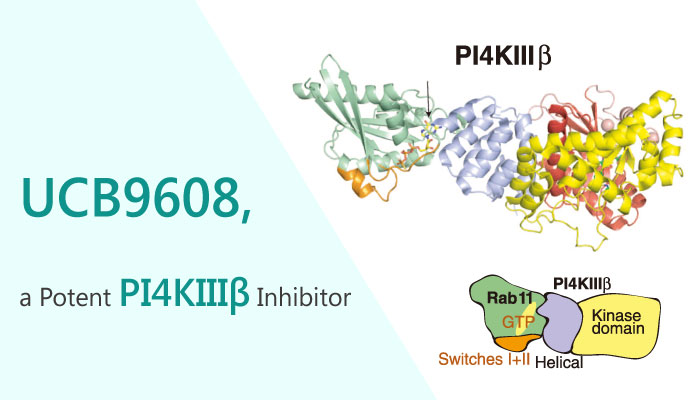Organ transplantation is a common medical procedure and helps the recipient to replace a damaged or missing organ. But the procedure is quite challenging, because of immune responses. Medicines for transplantation are necessary in avoiding rejection. Hopefully, this field has achieved great progress in the past decades. However, it still needs to find out more effective drugs to suppress allograft rejection. UCB9608, a potent and oral active PI4KIIIβ inhibitor is outstanding in the process.
How does the compound come into people’s eyes? Researchers carried out a sequence of studies to discover the ideal agent.
Firstly, they synthesized a series of analogues. They possess similar functional groups, with similar structures.

Then, they underwent the in vitro assays to identify the activity of these products. The compound 44 (UCB9608) exhibits quite potent properties. For example, It showed an IC50 of 11 nM for PI4KIIIβ. It was selective for PI4KIIIβ over PI3KC2 α, β, and γ lipid kinases.
Furthermore, considering the excellent in vitro activity, the reporters began to study the in vivo property of these analogues. They chose male Balb/C mice as objects. And the mice were administered different doses of inhibitors. UCB9608 is more soluble with metabolic stability. Besides, it is orally available in these animals. In addition, UCB9608 prolongs heterotopic allograft retention. It proves to be a promising immunosuppressive agent.
Summary, UCB9608 displays potent property both in vitro and in vivo assays. It significantly inhibits PI4KIIIβ activity. But it needs further study about the binding mode of UCB9608 with other PI4KIIIβ inhibitors, and their immunological profile with their binding mechanism.